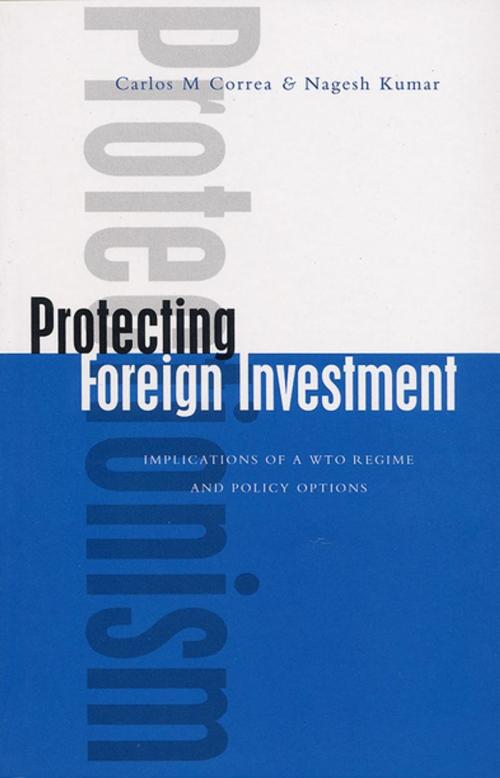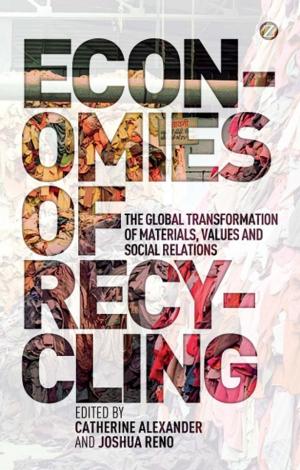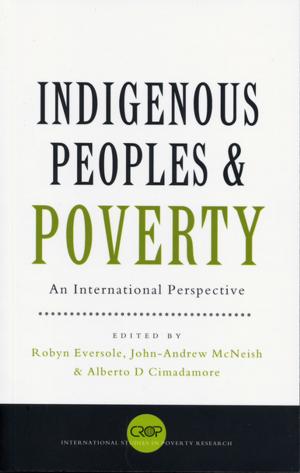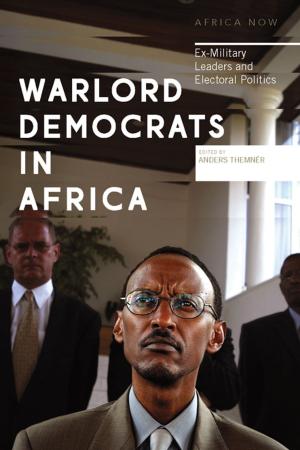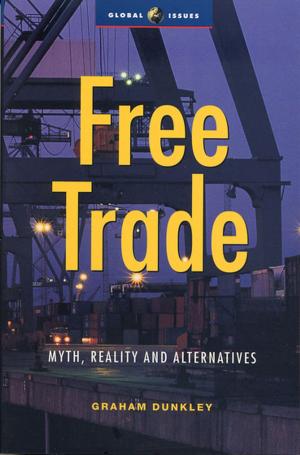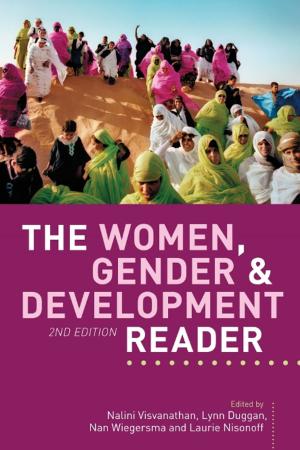Protecting Foreign Investment
Implications of a WTO Regime and Policy Options
Business & Finance, Economics, Economic Development, Nonfiction, Reference & Language, Reference| Author: | Carlos M. Correa, Nagesh Kumar | ISBN: | 9781848137608 |
| Publisher: | Zed Books | Publication: | July 4, 2013 |
| Imprint: | Zed Books | Language: | English |
| Author: | Carlos M. Correa, Nagesh Kumar |
| ISBN: | 9781848137608 |
| Publisher: | Zed Books |
| Publication: | July 4, 2013 |
| Imprint: | Zed Books |
| Language: | English |
Despite the mounting criticism that globalization is encountering, the developed countries continue to lose no opportunity to change the rules of the global economy in their favour, regardless of the impact on developing countries and the poor. This book examines one of the most important instances of this: the rich countries' insistence that the WTO not only launch a new round of world trade negotiations, but that rules which were supposed to be confined to trade issues now be extended by means of new agreements protecting foreign direct investment. What is being proposed would be at the expense of the freedom of developing countries to determine their own policies towards foreign capital in tune with their development policy objectives. The two authors of this book have an intimate knowledge of WTO negotiating processes. They explain in detail the North's relentless determination to give privileged protection to the overseas investments of its transnational corporations. These initiatives have included, inter alia, the OECD's failed MAI initiative, the World Bank-sponsored Multilateral Investment Guarantee Agency, and the WTO's General Agreement on Trade in Services (GATS) and Agreement on Trade-related Investment Measures (TRIMS). The authors spell out their consequences for developing countries. They examine whether there is any real case for a new multilateral framework on investment within the WTO. And they propose various options for developing countries to resist what amounts to a new form of Western protectionism, including how a development dimension could be incorporated in any new agreement, should the member countries of the WTO decide to proceed with negotiations. This book provides invaluable information and analysis for diplomats and trade negotiators, policy makers and scholars, as well as civil society activists concerned with the impact of TNC investments on development.
Despite the mounting criticism that globalization is encountering, the developed countries continue to lose no opportunity to change the rules of the global economy in their favour, regardless of the impact on developing countries and the poor. This book examines one of the most important instances of this: the rich countries' insistence that the WTO not only launch a new round of world trade negotiations, but that rules which were supposed to be confined to trade issues now be extended by means of new agreements protecting foreign direct investment. What is being proposed would be at the expense of the freedom of developing countries to determine their own policies towards foreign capital in tune with their development policy objectives. The two authors of this book have an intimate knowledge of WTO negotiating processes. They explain in detail the North's relentless determination to give privileged protection to the overseas investments of its transnational corporations. These initiatives have included, inter alia, the OECD's failed MAI initiative, the World Bank-sponsored Multilateral Investment Guarantee Agency, and the WTO's General Agreement on Trade in Services (GATS) and Agreement on Trade-related Investment Measures (TRIMS). The authors spell out their consequences for developing countries. They examine whether there is any real case for a new multilateral framework on investment within the WTO. And they propose various options for developing countries to resist what amounts to a new form of Western protectionism, including how a development dimension could be incorporated in any new agreement, should the member countries of the WTO decide to proceed with negotiations. This book provides invaluable information and analysis for diplomats and trade negotiators, policy makers and scholars, as well as civil society activists concerned with the impact of TNC investments on development.
